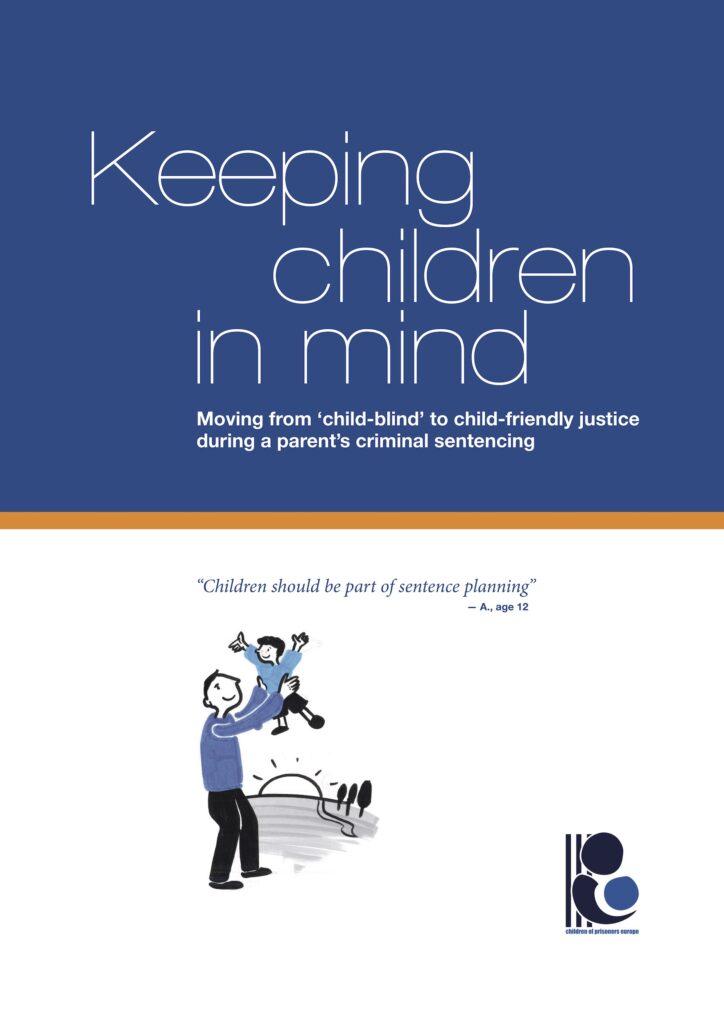
From the moment of a parent’s arrest, children have to cope with the effects of the criminal justice process, and can be vulnerable to social isolation, stigma and shame. This toolkit is intended as a resource for sentencers, child’s rights advocates and practitioners to provide critical perspectives and tools for avoiding ‘child-blind justice’ and, through the application of international and regional child’s rights standards, moving towards a conception of ‘child-friendly justice’ that includes children with imprisoned parents. It highlights the implications of the 1989 United Nations Convention on the Rights of the Child (UNCRC) and Council of Europe Recommendation CM/Rec(2018)5 concerning children with imprisoned parents, emphasising, ‘without prejudice to the independence of the judiciary’, the importance of the best interests of the child, including the need to consider alternatives to imprisonment for primary caregivers . South Africa’s 2007 Constitutional Court S v M ruling is the landmark application of these principles in case law, hinging on the ‘best interests principle’ as stated in Article 3.1 of the UNCRC.
This toolkit also presents guidelines for effective engagement with sentencers on matters relevant to children. Stakeholders will be able to:
- Understand what sentencers can or are required to do when confronted with the sentencing of a primary caregiver, and provide sentencers with relevant information;
- Be mindful of the importance and challenges associated with judicial discretionary power;
- Take into consideration adversarial and inquisitorial legal procedures; legal definitions of parenthood; separation during pre-trial detention; indeterminate sentencing standards and their relation to judicial discretion; and use of Best Interests of the Child Assessments.

